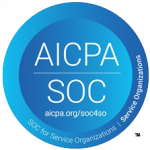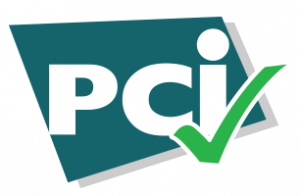
Running a health care practice can be challenging, especially for leaders who wear multiple hats. When physicians are responsible for seeing and treating patients and keeping a practice running smoothly, they might wonder whether it’s operating as efficiently as possible. Explore efficiencies in the business operations of a health care practice or medical office.
Common Medical Office Inefficiencies
Efficiency is essential in building a successful medical office, but those in charge of crucial decisions often overlook the fundamentals of efficiency. The more efficient a practice is, the more it can grow and succeed. One typical inefficiency is a poorly managed patient schedule. Patients with long wait times create a bottleneck in the waiting room and a decline in the overall patient experience. Investing in improvements to the front office scheduling process, so that patients who come into the clinic get the care they need without any bottlenecks or long wait times, is absolutely necessary.
Another inefficiency that wastes time and money is the paper intake process. Handing a patient a stack of forms to complete doesn’t offer a positive experience for the patient, and some of the information requested on the form might already be in their charts. You’re wasting their time. Disconnected technology can also cause inefficiency in a medical practice and waste money. Another prevalent inefficiency on the finance side involves managing revenue cycles, as health care professionals may not be able to handle this task.
How to Improve Efficiency
One option to improve health care practice efficiency is to schedule virtual visits for patients instead of in-person visits whenever possible. A patient can save a bit of time by logging into a video conferencing app or site for the appointment, rather than driving to the clinic, waiting to go into an exam room, and waiting to see the doctor. Telemedicine visits also save time for the providers, as they tend to be more focused and allow patients to answer questions before their appointment.
Improve the intake process by switching to HIPAA-compliant digital forms that patients can complete online before their visits. Physicians can also free up staff time by switching to an automated reminder system rather than requiring a team member to make reminder phone calls daily. Offering training for all new technology and processes helps the staff members feel like they’re on the same page and can do their jobs more effectively.
Outsourcing Certain Processes
When making changes to how a medical clinic runs, it’s wise to consider what processes practices can outsource to boost efficiency. Revenue cycle management is undoubtedly something worth outsourcing to a skilled financial professional. By outsourcing this process, clinic leaders can focus on providing patient care while improving the patient experience. Financial experts handle patient billing and collections, resulting in fewer errors. Trained professionals handle coding and billing practices, helping accounts flow through the revenue cycle more efficiently. The right revenue cycle management partner can also ensure compliance with regulations and privacy laws. Revco Solutions is a trusted provider of revenue cycle management partnering with health care organizations nationwide. Clinic owners can rely on Revco Solutions to deliver best-in-class business performance and customized solutions that boost efficiency and improve business operations.






